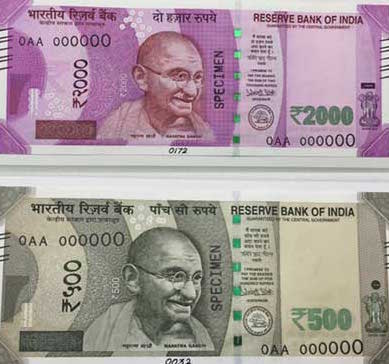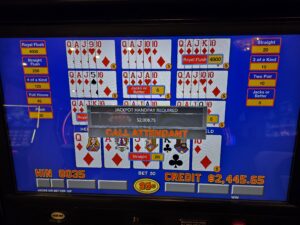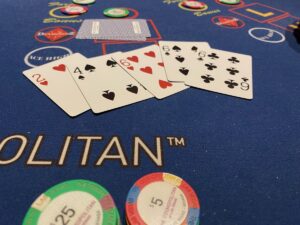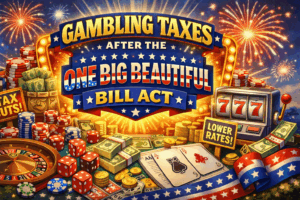
Editorial note : This series deviates a bit from our usual TravelZork focus of luxury travel, miles+points and Vegas/casino. But, topics like currency, cash, manufactured spend and eBay are very much a part of the travel and casino culture. Be sure to check out our first article in the series : Introduction to Collecting Currency (Paper Money) – Numismatics. To keep things interesting, we will be “jumping around” a bit. As always, feedback is welcome and encouraged.
Thoughts on Inequality
People worry about inequality in the United States. And people worry about corruption in the United States. But compared to the vast population in the world, we look very good. India has been having a lot of growing pains. I personally have not been there, but have heard small horror stories about India being a bribe economy. You need to hand someone cash to make anything work.
The general impression with people is that if you are paid in cash, you don’t have to pay taxes. And if you don’t have to pay taxes you are better off. It seems to make a lot of sense on the face of it. However, in my life I have found that not to be the case. People with cash tend to consume their cash. They take vacations or improve their home. Ask your contractor if they would give a discount for cash or Home Depot gift cards. (Then buy your Home Depot gift cards on eBay or somewhere else for 10% off.) People that have a lot of cash often do not retire well. I haven’t seen studies on any of this, but it would be hard to gather the data. The point is that cash does not build wealth. And many people having wealth is the best way out of inequality.
Corruption is Easier with Cash
Corruption is easier with cash. You can’t give the official at the airport a check. They don’t want a paper trail. The state official that approves your business license doesn’t want your credit card number for his bribe!
If you look at the ratio of taxes paid to GDP, the US is at 26.9%. China, which also has a billion people and a high growth rate is 28.1%. India is 17.7%. Less than 3% of the country pays income tax.
The new Prime Minister of India, Narendra Modi, was put in as a reformer. He knows that his job will be easier if people stop using cash. In November, he gave people a few weeks before he demonetized the 1,000 and 500 rupee notes. A 500 rupee note is worth about $7. Those notes had only a few weeks to get turned into the bank before they became worthless. People were limited in how many notes they could turn into the bank. If you had a lot of cash you had to figure out how to get other people to deposit it for you. It is estimated that about $20 billion worth of old rupee notes, 10% of the demonetized bills) were never turned in.
There are new 500, 1,000, and 2,000 rupee notes. But the government screwed up in their war on cash. The new bills were A DIFFERENT SIZE than the old notes. Instead of just replacing what was put in ATM’s, the ATM’s all had to be adjusted to handle the newer notes.
India’s cash culture was so expansive that factories would pay for raw materials with cash. So now factories can’t pay their suppliers. That means the workers can’t get paid. 98% of transactions were made in cash. Now everybody up and down the supply chain is forced to adapt. Progress will be painful.
Jeff has spent years pursuing his passions that include a multitude of foodie interests, casino adventures, as well as trips that range from outdoor nature hikes to luxury hotel retreats. His foodie interests span the world of wine, sake, luxury spirits, fine dining and unique dining opportunities throughout the United States. When not traveling, you will find Jeff educating and supporting collectors in the banknote world at Action Currency which can be found at http://www.actioncurrency.com













